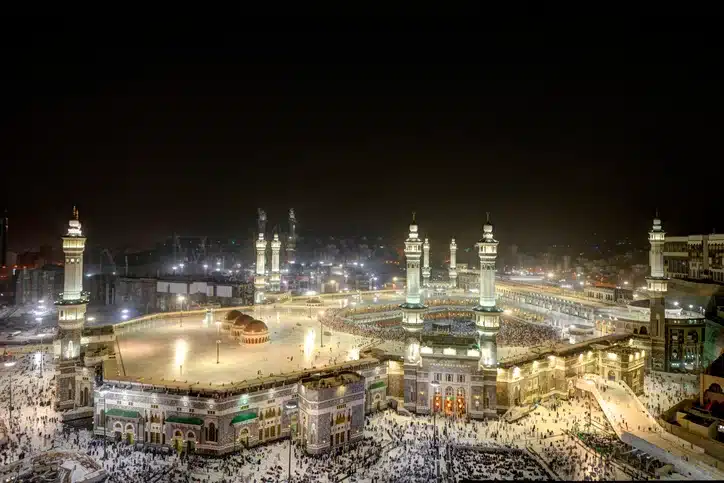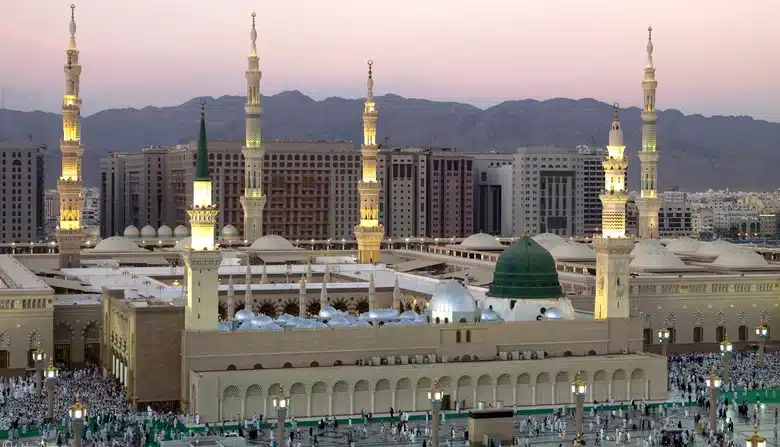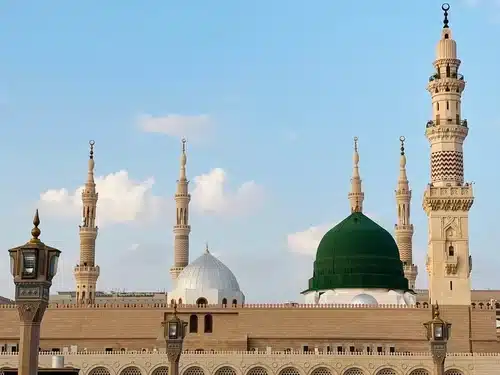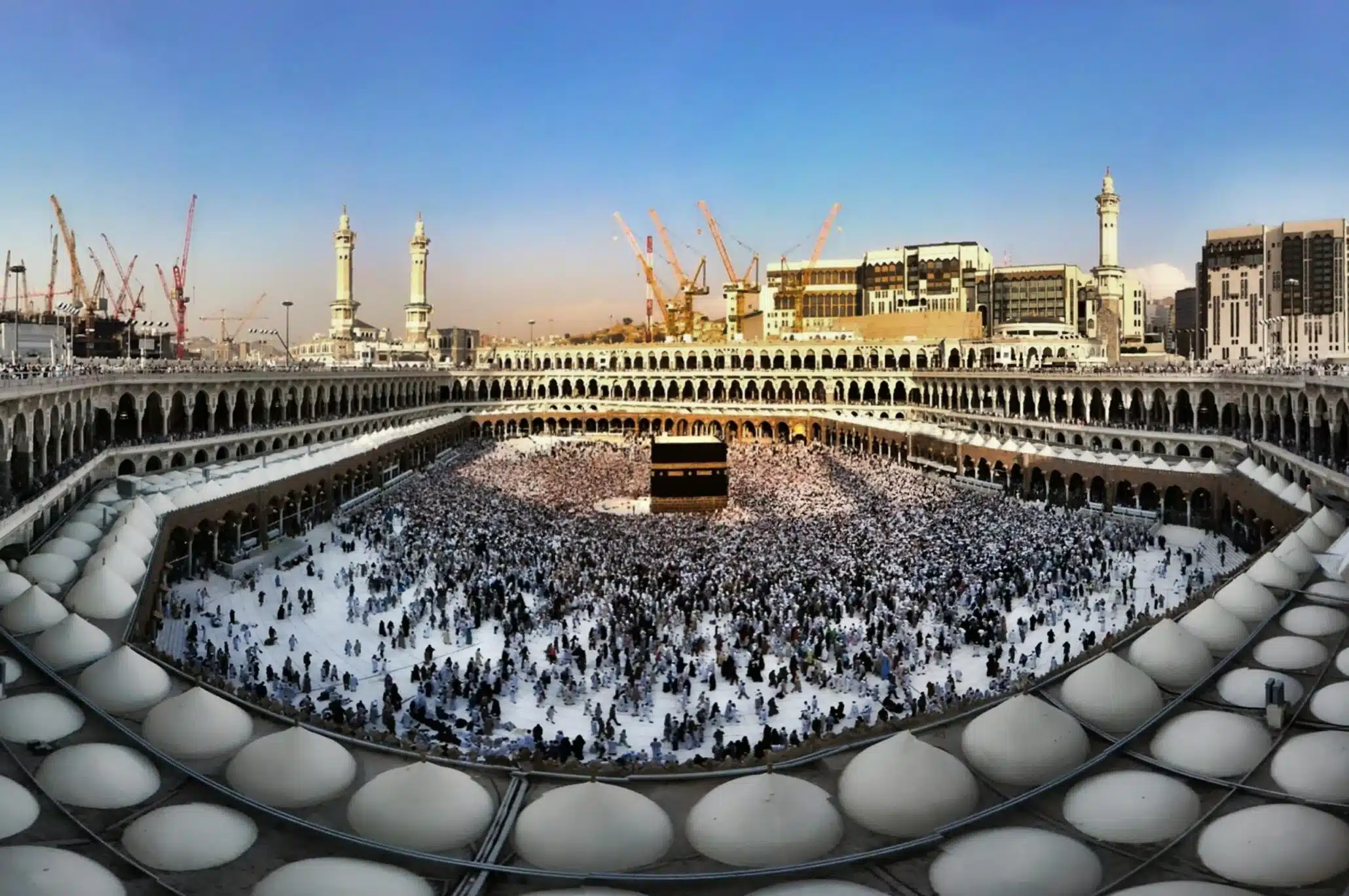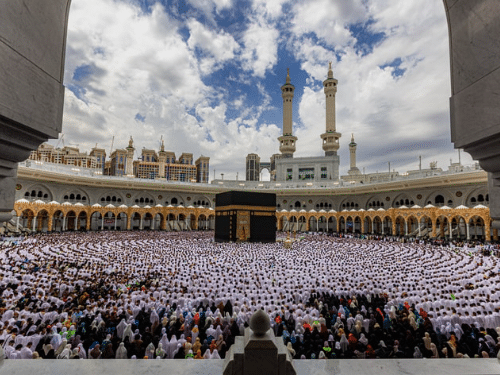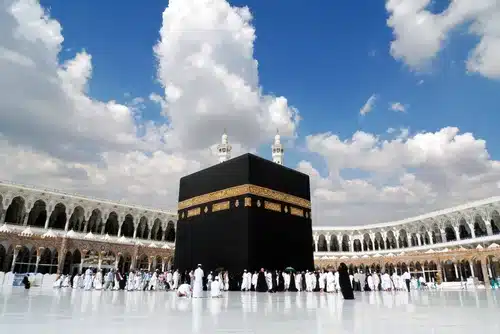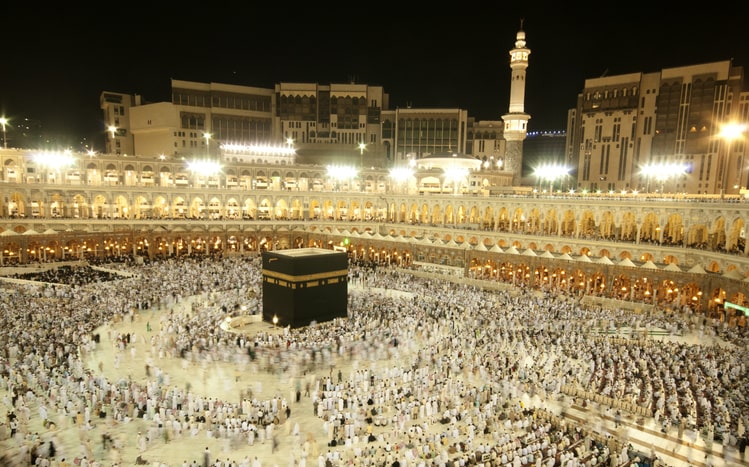Who Is Eligible to Pay Zakat?
Zakat is one of the five pillars of Islam. In the Holy Quran, Allah has commanded Muslims who are eligible for Zakat and are needy. It refers to a certain proportion of wealth that Muslims must pay annually to the poor and needy. Zakat helps in the circulation of wealth from the rich to the poor.
The literal meaning of Zakat is “to increase” or “grow”. It is a promise made by Allah that he multiplies the wealth of those who spend for the cause of Allah. By paying Zakat you cleanse and purify your wealth from greed and stinginess. Those who do not pay Zakat and hoard wealth deny the rights of poor people in society. Such people anger Allah. They face severe consequences not only in this world as well as the Hereafter.
Required Eligibility to Pay Zakat: –
Zakat is calculated at the rate of 2.5% of specific assets owned by individuals as per Islamic law. It is obligatory upon every Muslim who owns wealth greater than or equal to a certain level known as Nisaab. Nisaab is equal to 613.35 grams of silver or 87.49 grams of gold. In order to qualify to pay Zakat, a Muslim must meet the following criteria: –
- He/She must be a free, mentally sound adult.
- He/She must own wealth equal to or greater than Nisaab. This wealth is exclusive of items for personal use such as furniture, clothing, food, cars and the house where one lives.
- This wealth must be in his/hers possession for at least one lunar year (Islamic Year).
- The wealth should possess the quality of earning you profit or benefit such as gold, silver, stocks of goods for business, livestock, etc.
- This wealth must be his/hers own possession rather than someone else’.
- If the person has borrowed a loan, he must deduct the amount loaned to calculate the wealth on which Zakat is levied or counted on.
Eligibility to Receive Zakat
Here are the groups/people who are eligible for Zakat:
-
Al-Fuqara: –
Zakat can be paid to poor or needy people in society who do not have sufficient resources to fulfill their basic and day-to-day necessities.
-
Al-Masakeen (Extremely Poor People)
Zakat can also be paid to extremely poor and needy people who are barely able to sustain themselves.
-
Organizations Collecting Zakat or NGOs: –
Many NGOs (Non-Governmental Organizations) work to collect and distribute Zakat among poor people. This is another different way to pay Zakat as you can also give your Zakat to them or other trusted and non-profit organizations.
-
Newly converted Muslims: –
Sometimes people who convert to Islam are abandoned by their family and society. The Muslims who are capable, can and must help such newly converted Muslims by paying them Zakat to help them stand on their feet.
-
For Freeing slaves: –
Although slavery is not that common in today’s world, it still is present in some parts of the world where humans are detained as slaves. This is another different way to pay Zakat as these slaves are also eligible. You can pay Zakat to free those slaves.
-
Those in debt: –
If you know someone who is indebted to someone but is not capable of returning it, such a person is also eligible for Zakat. However, ensure that the money he borrowed was not used for any unislamic purpose.
-
To Wayfarers: –
Those who are traveling to another place where they do not know anyone and are in need of help, such people are also eligible for Zakat. Likewise, refugees are also entitled to Zakat who leave their homes and all their belongings in search of a safer place making this another different way to pay Zakat.
-
Those who are striving for the cause of Islam: –
People who are spreading the message of Islam are also entitled to receive Zakat. Similarly, those who are fighting for the cause of Allah are also eligible for Zakat.
Zakat is one of the most fundamental pillars of Islam. It helps in preserving unity and increasing the standard of life in a Muslim community. There are a lot of different ways to pay Zakat to ensure that in the event of absence of any one of the above conditions, you can still do your bit in preserving unity and equality in a Muslim community.








